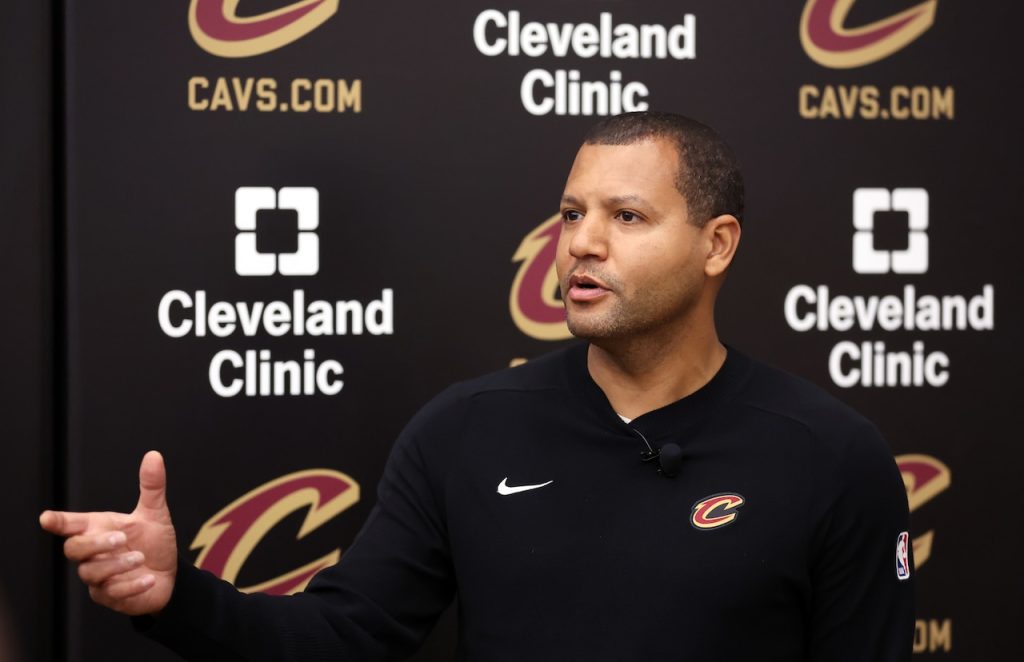CLEVELAND, Ohio — Welcome to the latest installment of Hey, Chris!
The questions addressed in this edition were sourced from Subtext insiders, who were invited to submit a single question each. The most compelling inquiries were selected. Interested in receiving Cavs Insider texts and engaging with me directly? Sign up for a 14-day free trial using your phone number, and your question might appear in the next edition of Hey, Chris! You can also sign up by texting me at 216-208-4499.
Hey, Chris: Watching the NBA Finals, it seems that the Thunder and Pacers have more players who excel in crucial moments. Do the Cavs possess enough of these impactful players? Who are they? What can they learn from these Finals contenders? — Bruce, West Palm Beach, Fla.
Hey Bruce: Indiana and Oklahoma City both thrive in challenging situations. Throughout the series, Indiana has attempted to disrupt OKC’s game, and vice versa. Both teams have made smart adjustments, especially with MVP Shai Gilgeous-Alexander’s role evolving. While he was predominantly the primary ballhandler earlier, Indiana’s defense has led OKC to adapt and utilize him off the ball more. This flexibility is key to both teams’ success. They manage to maintain their core identity while also adjusting to their opponents.
Another crucial aspect of success in these Finals is depth. This doesn’t necessitate the same players stepping up every night; rather, it’s about having various bench players contribute when needed. For instance, one night it might be TJ McConnell for Indiana, while another night could feature Obi Toppin or Bennedict Mathurin. The same goes for OKC, where players like Cason Wallace and Aaron Wiggins have made significant contributions.
During the Cavs’ recent playoff journey, particularly in their 4-1 series defeat against Indiana, the lack of depth was apparent, with key players like Ty Jerome, Dean Wade, and Isaac Okoro failing to make an impact when needed.
The winning attributes associated with Indiana and Oklahoma City may partly stem from mentality, but it’s also about whether a player’s skill set translates into winning basketball. Not every player excels in high-stakes playoff settings. There are those who flourish in the regular season compared to postseason performers. Cleveland’s roster has several questions regarding their ability to elevate their game under pressure.
Star guard Donovan Mitchell has shown he can perform at a high level in playoffs, though past limits in advancing beyond the second round weigh heavily. He appears capable of thriving in the Finals environment if he gets the opportunity. Evan Mobley is another young talent, and while he has yet to fully step into a secondary scorer role, he possesses the potential for championship-caliber play.
As for other key players like Darius Garland, Jarrett Allen, and newcomers like Max Strus and De’Andre Hunter, they raise valid questions about their playoff readiness. Garland’s defensive issues have been concerning, especially given the Cavs performed better defensively with him off the court during the playoffs. With the evolving league dynamics emphasizing fit and depth, the Cavs need to be strategic in their approach rather than reactive. They have potential but require additional elements to compete for a title.



